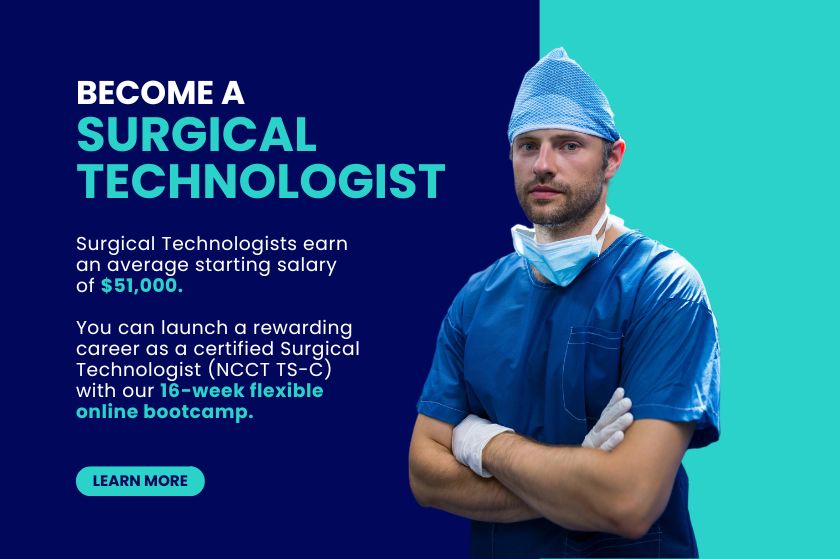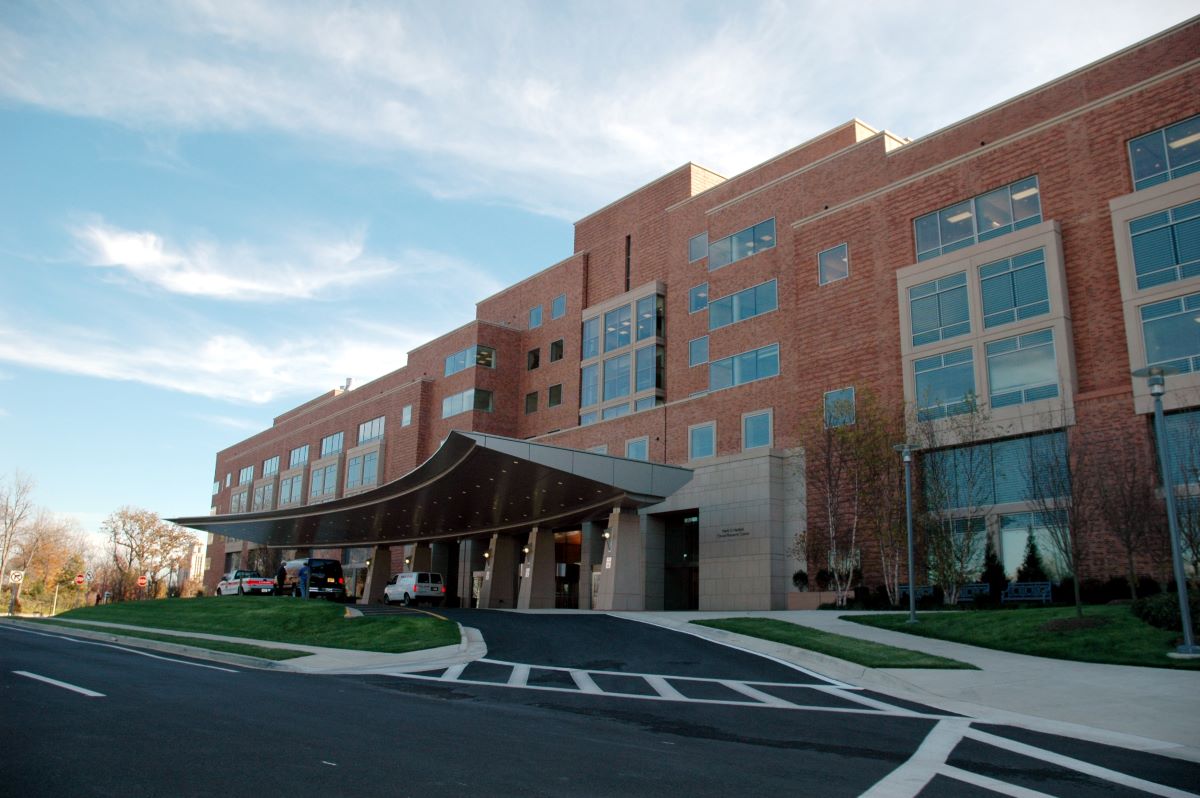Surgical technologists, also known as surgical technicians or operating room technicians, play a crucial role in the operating room. They are responsible for ensuring that surgical procedures run smoothly by assisting surgeons, nurses, and other members of the surgical team. However, their role isn't limited to just the operating room. Surgical technologists can find employment in various healthcare settings, each with its own unique demands and opportunities. Let's delve into five places where surgical technologists might work and gain a deeper understanding of their roles within these settings.
1. Hospital Operating Rooms
The most common workplace for surgical technologists is within hospital operating rooms. Here, they are an integral part of the surgical team, assisting surgeons and nurses before, during, and after procedures. Their responsibilities include preparing the operating room with sterile equipment and ensuring that all necessary instruments are available and functioning properly. During surgeries, surgical technologists pass instruments to the surgeon, maintain a sterile field, and handle specimens for laboratory analysis.
In this fast-paced environment, surgical technologists need to remain composed under pressure, communicate effectively with team members, and adhere to strict sterile techniques to prevent infections. Their role not only directly affects the success of surgical procedures but also contributes to patient safety and outcomes.
2. Ambulatory Surgical Centers
Ambulatory surgical centers (ASCs) are healthcare facilities that focus on providing same-day surgical care. These centers offer a range of surgical procedures that do not require overnight stays. Surgical technologists in ASCs enjoy a slightly different working environment compared to hospital operating rooms. The streamlined nature of ASCs demands versatility from surgical technologists, as they might assist in various types of procedures throughout the day.
Working in an ASC can offer surgical technologists exposure to a diverse range of surgeries, from minor procedures to more complex cases. The fast-paced environment encourages adaptability and the ability to handle multiple tasks efficiently.
3. Emergency Rooms
Emergency rooms (ERs) are often bustling with activity, treating patients with urgent medical needs. While surgical technologists may not be a staple in all ERs, some hospitals have begun incorporating them into their emergency medical teams. In cases where patients require immediate surgical intervention, having a surgical technologist present can expedite the process and ensure that the necessary equipment is readily available.
Surgical technologists in ERs need to be prepared for the unexpected. They may assist in procedures ranging from wound suturing to more complex interventions to stabilize patients. Their role in the ER underscores the importance of their skills in a high-pressure environment where quick decision-making and efficient teamwork are essential.
4. Labor and Delivery Units
Labor and delivery units might not be the first place that comes to mind when thinking of surgical technologists, but they play a significant role in cesarean section deliveries. During C-sections, surgical technologists work alongside obstetricians and nurses to prepare the operating room, ensuring that it meets sterile standards. They assist in arranging instruments, draping the patient, and providing support during the procedure.
In this setting, surgical technologists contribute to the safe delivery of babies via C-section, highlighting their adaptability in various surgical scenarios. Their presence is crucial in maintaining a sterile environment while supporting both the medical team and the expectant parents.
5. Private Surgical Practices
Beyond hospital settings, surgical technologists may find employment in private surgical practices. These practices often specialize in specific surgical areas, such as plastic surgery, orthopedics, or ophthalmology. Surgical technologists in these settings work closely with the surgeon and their team, ensuring that the surgical environment is prepared, instruments are organized, and patient safety is prioritized.
Working in a private surgical practice allows surgical technologists to gain expertise in a particular field, as they frequently encounter the same types of surgeries. Their consistent exposure to specific procedures can lead to a deep understanding of the nuances involved, ultimately benefiting both the surgical team and the patients.
The role of a surgical technologist extends far beyond the boundaries of the operating room. Their versatility and skill set allow them to thrive in various healthcare settings, each presenting unique challenges and rewards. Whether in a bustling hospital operating room, a dynamic ambulatory surgical center, an emergency room, a labor and delivery unit, or a specialized private practice, surgical technologists are essential members of the healthcare team, ensuring that surgeries are conducted safely and efficiently.

Health Tech Academy stands as an industry leader in accelerated education. Through our Surgical Techn program, we offer aspiring surgical technologists an opportunity to receive comprehensive training that covers both the theoretical and practical aspects of the role. Our program equips students with the skills needed to excel in diverse healthcare settings, preparing them to make a meaningful impact in the operating room and beyond.



